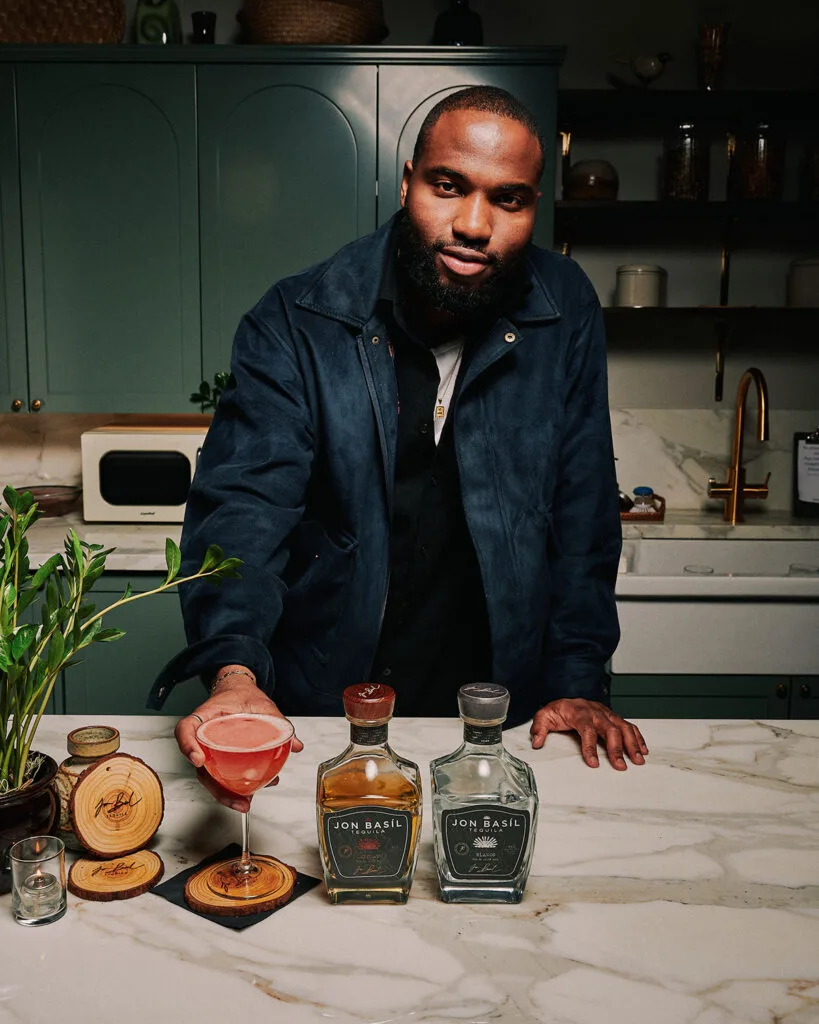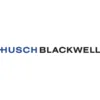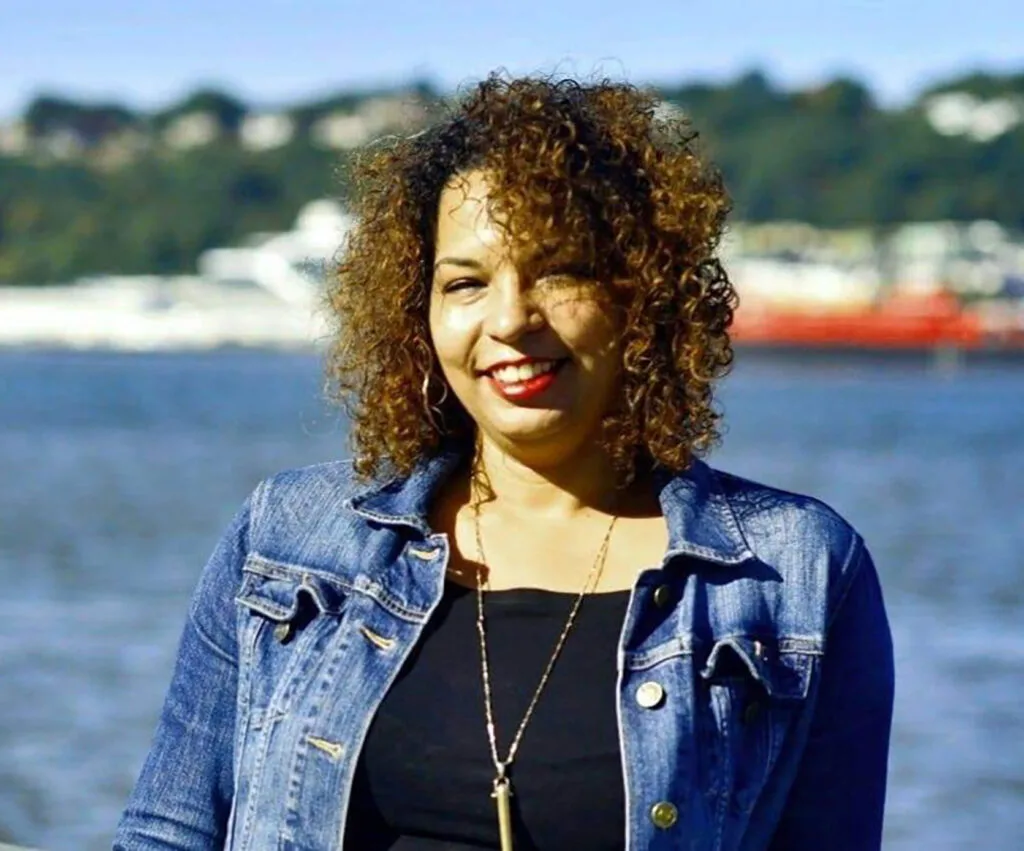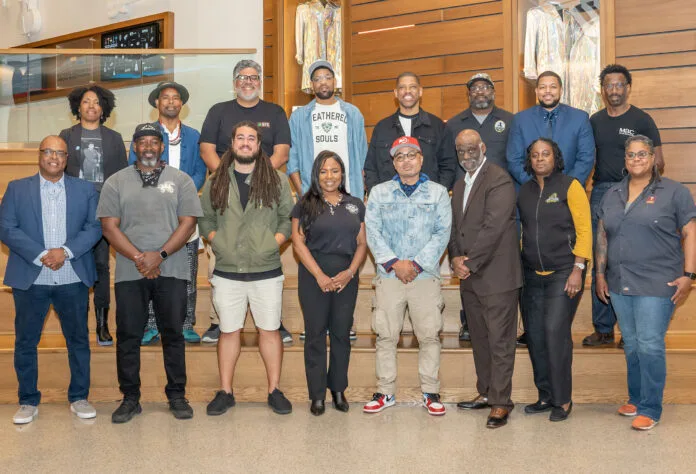
Black-owned brands have grown in size and number in the alcohol industry in recent years, thanks to successful leaders who have given advice and uplifted others.
Perhaps the most well-known example is Uncle Nearest Premium Whiskey. Its branding references the nickname of Nathan Green, a trailblazing distiller who was born into slavery and then freed after the Civil War. In the late 19th century, Green became the first African American master distiller on record in the U.S. while working at a preacher’s distillery near Lynchburg, TN. Here, he mentored a young Jack Daniel, including lessons on the charcoal-filtering process — a specialty of Green’s.
Green would later work for Daniel. Ultimately, seven generations of Uncle Nearest’s descendants have been employed by the Jack Daniel Distillery. Despite this legacy, Green’s story was not common knowledge outside of Lynchburg.
Advertisement
In 2016 this changed when The New York Times published an article that explored Green’s history. Brown-Forman followed by officially recognizing Uncle Nearest as the company’s first master distiller. Tours at the Jack Daniels Visitors Center now include a large exhibit about this American whiskey pioneer.
This overdue recognition continued in 2017 when entrepreneur, historian and author Fawn Weaver launched the whiskey brand Uncle Nearest. In a moment of progress on multiple fronts, Weaver became the first Black woman running a major spirits brand, while her company was the first American spirits brand with an all-female executive team.
Advertisement
Not content with her own success, Weaver helped launch the company’s Black Business Booster program, the Nearest and Jack Advancement Initiative and Uncle Nearest Ventures. These provide funding for Green’s descendants to attend college, and investment for minority entrepreneurs and their businesses.
It’s all part of an ecosystem that has recently emerged in the industry, supporting those who follow in the footsteps of success stories like Weaver.
Black-Owned Brands
How can BIPOC- (Black, Indigenous, People of Color) and Black-owned brands help each other while benefiting the industry as a whole?
Uncle Waithley’s Vincy Brew is a Harlem-based, nonalcoholic, all-natural ginger beer with an all-Black leadership team: Founder Karl Franz Williams, VP of Organizational Strategy, Monica Freeman-Greene, and Director of Marketing and Culture, Michael McConnell.
“Supporting Black-owned brands makes good business sense,” says Williams. “There’s a plethora of products in the store; if they all look the same, there’s less to choose from. And the Black consumer has huge buying power and income. And, of course, there’s the equity standpoint, as well.”
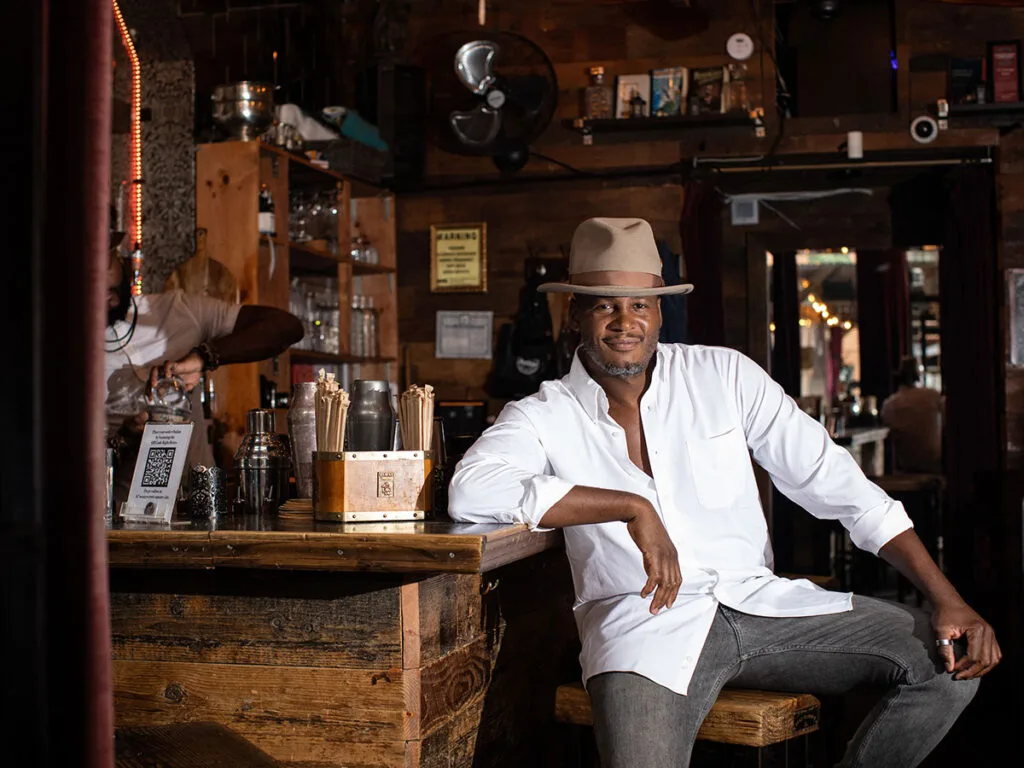
Agreeing with him is Eddie Simeón, Co-Founder and CMO of Hella Cocktail Co., a brand of botanically inspired mixers and beverages.
“Put simply, it’s good for business. In a recent survey (MFour August 2023), 52% of consumers indicated that certified MBE [Minority Business Enterprise ] status would positively influence their choice to purchase a BIPOC-owed product over another,” Simeón says. “Certified-minority and diverse-led companies have an edge, especially in premium and natural chains like Whole Foods and Target.”
“On a more systemic level, it’s going to take more than the launch and success of minority-led brands to bring about equity and inclusion in the consumer space,” Simeón adds. “Distributors, brokers, merchandisers and logistics partners — the entire consumer packaged goods ecosystem — are better served by carrying and supporting BIPOC-led brands.”
Simeón suggests that consumers can help lead this charge off-premise.
“Support brands by buying their products in retail stores,” he says. “Shopping online is all well and good, but when you support in-store, it propels the overall infrastructure that brings lasting value to brands. And, if you don’t find the items you want in-store, ask the store to start carrying them!”
Getting a product into retail is hard enough for all brands, of course, with extra challenges for BIPOC companies.
“BIPOC-owned brands sometimes have to work two or three times as hard to get the same results and opportunities as non-BIPOC brands,” says Williams of Uncle Waithley’s. “That’s why it’s so important that we come together and work together, because there’s strength in numbers.”
Williams stresses teamwork across brands. “I always say ‘Collaboration over competition’, because there’s still such a small footprint in this category,” he explains. “There’s room for collaboration to grow each other’s companies naturally. Tell each other’s stories on social media. Black consumers love a good hero story.”
Echoing the importance of community and sharing stories is Uduimoh Umolu, founder of Jon Basil tequila. “Our communities’ stories and cultures influence most industries, but especially ours in significant ways,” he says. “It’s important that folks from those communities are able to build and participate in significant ways as well.”
Diversity and equity in the industry will grow “through economic opportunity,” Umolu adds. “Not just through brands or investing in those brands, but opportunities for folks to work, and opportunities to close the knowledge gap of what it takes to be in the industry.”
That’s why community building remains key in elevating Black-owned brands and BIPOC professionals.
For instance: Marcus Baskerville, co-founder of Colorado’s Weathered Souls Brewing, launched the Black is Beautiful brewing campaign in 2020. Brewers nationwide participate by promoting sales of an open-source Black is Beautiful stout, adding their own takes on the beer’s evolving recipe. Phase two of the movement happened this summer, with 100% of proceeds going towards the newly launched National Black Brewers Association (NBBA), which fosters inclusivity and Black representation in the brewing industry.
Like Williams, Baskerville points at initiatives like these as being good for business while also increasing equity.
“Look at where we’re at: Black-owned brands represent less than 1% right now in beer,” Baskerville says. “Meanwhile, the dynamics in the industry are that sales are on decline. There’s an untapped market in diverse crowds, something that hasn’t really been explored yet from a business standpoint.”
Year one of Black is Beautiful focused on cultivating communities across the country. Now in its second year, the program is more geared towards growing the NBBA.
This association got off the ground thanks in part to a Sacramento connection. Baskerville’s parents live in the capital city, whose previous mayor was former NBA All Star Kevin Johnson.
“I got a text from Kevin saying, ‘Let’s talk’, and I ignored it at first, because I thought it was a joke,” Baskerville recalls. “I thought, ‘Why would Kevin Johnson be texting me?’ But he shot me another message, and I thought, ‘Maybe this is real’.”
At this time, a few years back, a Black-focused brewers association had been discussed for many years, but nobody had organized it. Johnson shared his vision with Baskerville for getting the NBBA up and running.
Launched this May, the NBBA is a charitable organization with memberships. Baskerville, who also sits on the Board of Directors for the Brewers Association (BA), is one of the NBBA’s founding members, with a seat on its executive committee.
“It should be a fantastic organization that can change the direction of beer,” he says. “One of the things we always talk about is having a seat at the table. You know what’s even better than that? Having our own table.”
“Seeing the progress between the BA and NBBA has been great,” he adds.
For continued success in improving equity across the alcohol industry, Baskerville points to incubation programs like Uncle Nearest’s.
Simeón, whose company recently received a $5 million investment from the Uncle Nearest program, urges BIPOC entrepreneurs to remain mindful of the bigger picture in product creation.
“Your diversity can be an edge, but you must have a great product-market fit before anything else,” he says. “Test and define your product and brand position. Your identity as a diverse founder is an important component of those priorities, not the end-all-be-all.”
In raising initial capital, Williams of Uncle Waithley’s criticizes investment inequities.
“In the early stages of a new company, founders fund it themselves and through family and friends,” he says. “There’s a huge disparity there, as white entrepreneurs typically have 10 times the initial net worth as Black entrepreneurs.”
“And then seed investors want to wait to get involved until you’re already performing,” adds Williams, who also owns several successful on-premise businesses. “There’s always questions about scalability with Black-owned brands. There’s questions about velocity. There’s an assumption that ‘We don’t know as much’. That’s why investments are happening five to ten years into the lifecycles of Black-owned brands, whereas most investors are normally looking for exits after three to five years, or five to seven. They only see our weaknesses. That’s not a standard that the rest of the industry is held to, and it’s something that we should not be held to.”
All the more reason to get involved with and support organizations like the NBBA and similarly aligned incubation programs.
“These limitations and challenges, we have to assume that other brands are going through the same things,” says Uncle Waithley’s Freeman-Greene. “That’s why it’s important that we’re working together, raising capital, and creating solutions for all brands.”
Kyle Swartz is editor of Beverage Dynamics. Reach him at kswartz@epgmediallc.com. Read his recent piece, 5 Key Alcohol Trends in 2023.


